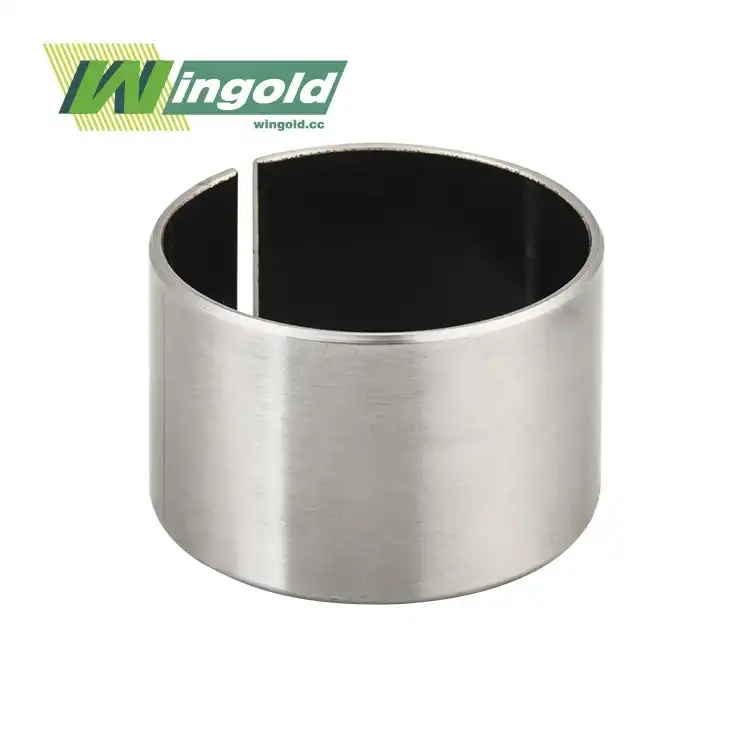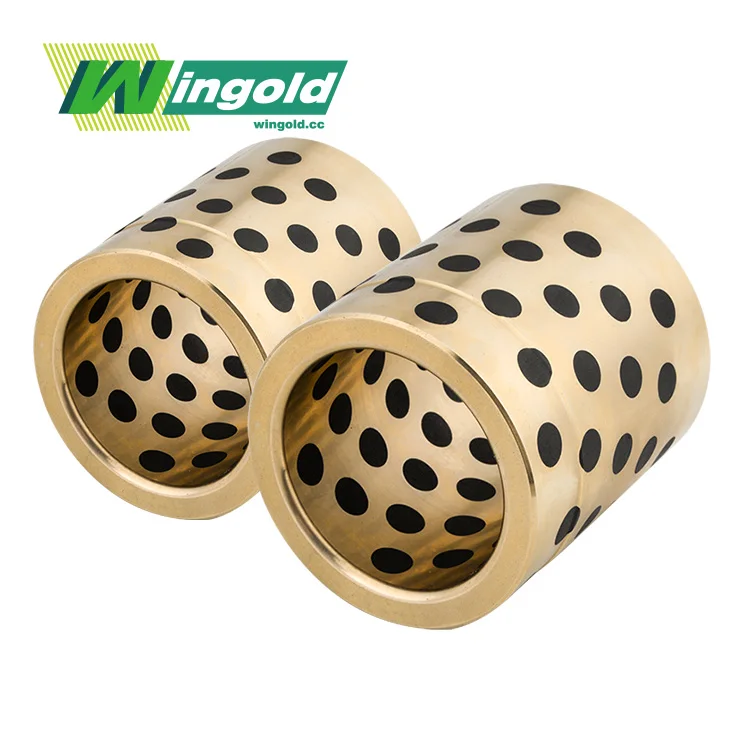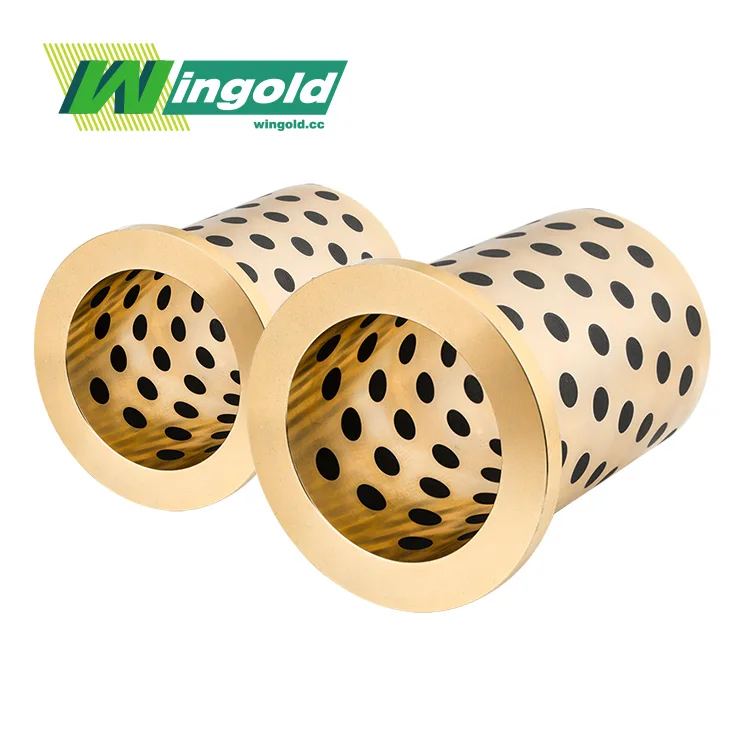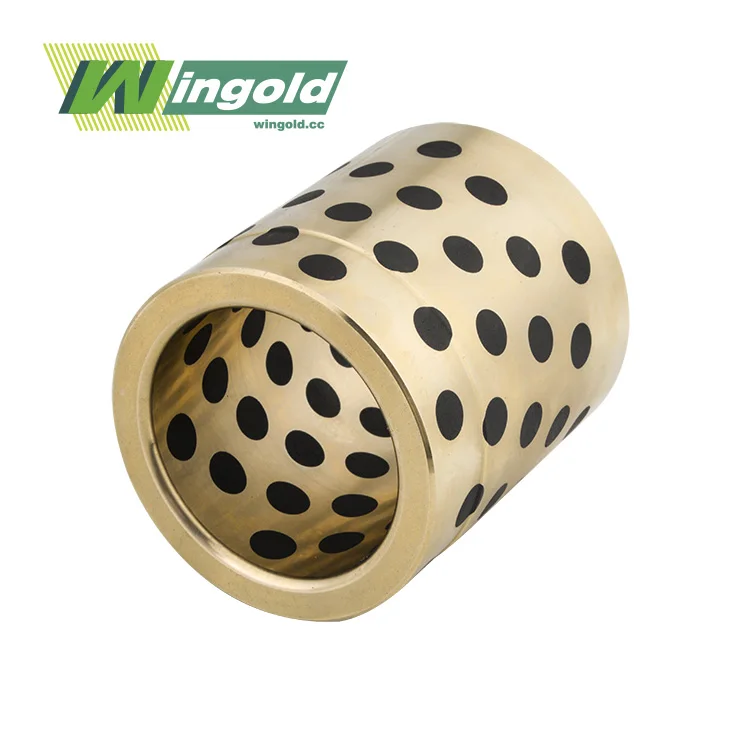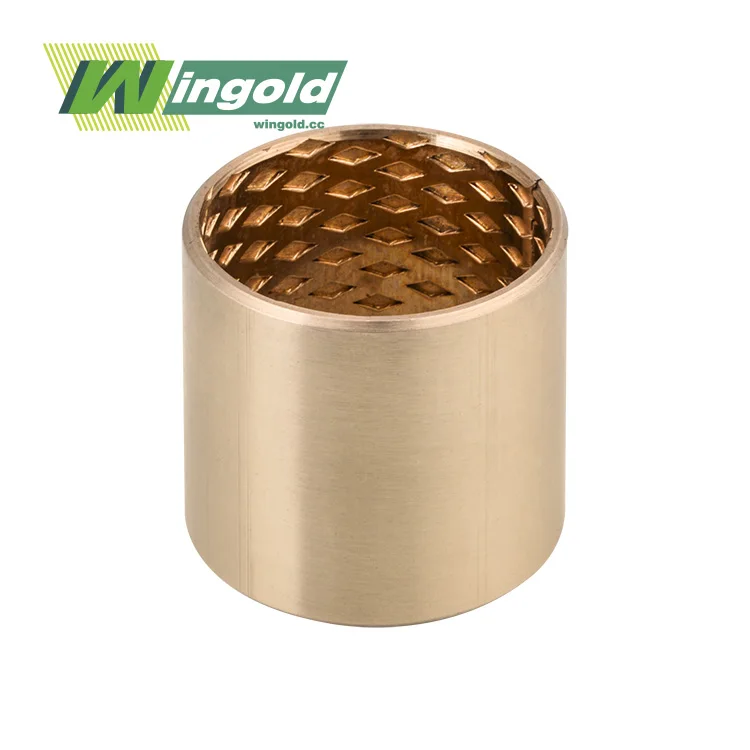The Science Behind PTFE Coated Washers
Composition and Structure
PTFE coated washers are engineered marvels, consisting of a robust metal core typically made of stainless steel or bronze, overlaid with a thin yet durable PTFE coating. This multilayered structure is key to their exceptional performance. The metal substrate provides the necessary strength and dimensional stability, while the PTFE layer imparts its unique properties to the washer's surface.
The PTFE coating, usually ranging from 0.01 to 0.03 mm in thickness, is applied using advanced techniques that ensure uniform coverage and strong adherence to the metal base. This precise application process is crucial for maintaining the washer's dimensional accuracy while providing the benefits of PTFE across its entire surface.
Properties of PTFE
Polytetrafluoroethylene, commonly known as PTFE, is a synthetic fluoropolymer with extraordinary properties that make it ideal for coating washers. Its molecular structure gives it a uniquely low coefficient of friction, typically between 0.02 and 0.10, which is among the lowest of any solid material. This low friction characteristic is maintained over a wide temperature range, from cryogenic conditions (-200°C) to elevated temperatures (+260°C).
Moreover, PTFE exhibits remarkable chemical inertness, resisting attack from most solvents and chemicals. Its hydrophobic nature prevents water absorption, and its dielectric properties make it an excellent electrical insulator. These combined attributes contribute to the superior performance of PTFE coated washers in diverse applications.
Advantages in Industrial Applications
Friction Reduction and Wear Resistance
In industrial settings, PTFE coated washers excel at minimizing friction between moving parts. This reduction in friction translates to several tangible benefits:
- Decreased energy consumption in machinery
- Reduced heat generation in mechanical systems
- Extended lifespan of components due to less wear and tear
- Smoother operation of equipment, leading to improved precision in manufacturing processes
The wear-resistant nature of PTFE also means that these washers maintain their performance characteristics over extended periods, even in high-stress environments. This durability contributes to reduced maintenance needs and lower replacement frequencies, ultimately leading to cost savings for industrial operations.
Chemical and Corrosion Resistance
PTFE's exceptional chemical resistance makes these washers invaluable in industries dealing with corrosive substances or harsh chemical environments. They find extensive use in:
- Chemical processing plants
- Pharmaceutical manufacturing facilities
- Food processing equipment
- Marine applications exposed to saltwater
The PTFE coating acts as a barrier, protecting the metal substrate from chemical attack and corrosion. This protective property extends the lifespan of not only the washers themselves but also the surrounding components, enhancing the overall integrity of industrial machinery and systems.
Temperature Stability
The wide temperature range over which PTFE coated washers maintain their properties makes them indispensable in applications involving thermal extremes. They are particularly valuable in:
- Cryogenic equipment
- High-temperature industrial ovens
- Aerospace components subjected to rapid temperature changes
- Automotive parts in engine compartments
This temperature stability ensures consistent performance and dimensional stability across varying operating conditions, a crucial factor in maintaining the precision and reliability of industrial equipment.
Benefits in Automotive Applications
Enhanced Fuel Efficiency
In the automotive sector, the low friction properties of PTFE coated washers contribute significantly to improved fuel efficiency. By reducing friction in various engine and drivetrain components, these washers help minimize energy losses, translating to better fuel economy. Applications include:
- Engine bearings and seals
- Transmission components
- Suspension systems
- Brake assemblies
The cumulative effect of reduced friction across multiple components can lead to noticeable improvements in a vehicle's overall energy efficiency, aligning with the industry's push towards more eco-friendly transportation solutions.
Noise Reduction
PTFE coated washers play a crucial role in reducing noise and vibration in automotive systems. Their low-friction properties help dampen vibrations and minimize the squeaking or rattling often associated with metal-on-metal contact. This noise reduction capability is particularly valuable in:
- Door hinges and latches
- Steering columns
- Pedal assemblies
- Interior trim components
By enhancing the acoustic comfort of vehicles, these washers contribute to an improved driving experience and perceived quality of the vehicle.
Longevity and Maintenance Reduction
The durability and wear resistance of PTFE coated washers translate to extended component lifespans in automotive applications. This longevity is particularly beneficial in:
- High-stress areas of the engine
- Continuously moving parts in the transmission
- Chassis and suspension components exposed to road debris and environmental factors
By reducing the frequency of part replacements and maintenance interventions, these washers contribute to lower long-term ownership costs and improved vehicle reliability. This aspect is increasingly important in modern vehicles designed for extended service intervals and reduced maintenance requirements.
Conclusion
PTFE coated washers represent a significant advancement in component technology, offering a unique combination of properties that benefit both industrial and automotive applications. Their ability to reduce friction, resist wear, withstand chemical attack, and perform consistently across a wide temperature range makes them invaluable in improving efficiency, reliability, and longevity of mechanical systems.
As industries continue to seek ways to enhance performance, reduce maintenance costs, and improve energy efficiency, the role of PTFE coated washers is likely to expand. Their versatility and effectiveness in addressing multiple engineering challenges position them as key components in the ongoing evolution of industrial and automotive technologies.
For more information on how PTFE coated washers can benefit your specific application, or to discuss custom solutions tailored to your needs, please contact us at info@wingold.cc. Our team of experts is ready to help you leverage the advantages of these innovative components in your projects.
FAQ
What makes PTFE coated washers superior to traditional metal washers?
PTFE coated washers offer lower friction, better wear resistance, and chemical inertness, leading to improved performance and longevity in many applications.
Can PTFE coated washers be used in high-temperature environments?
Yes, they can withstand temperatures from -200°C to +260°C, making them suitable for a wide range of thermal conditions.
Are PTFE coated washers environmentally friendly?
By reducing friction and extending component life, they contribute to energy efficiency and reduced waste, aligning with environmental sustainability goals.
